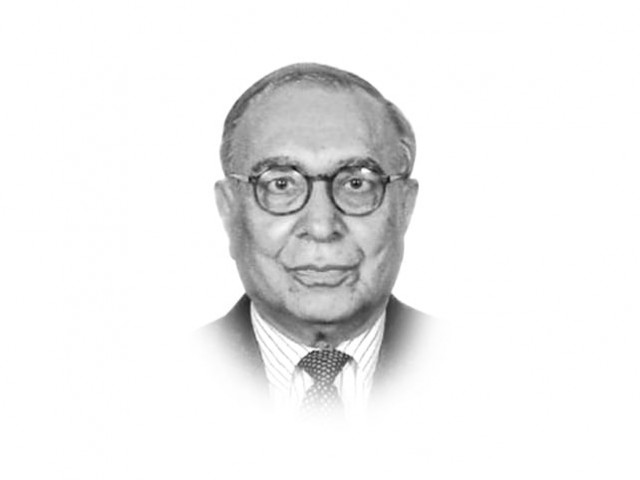The great American epic
Americans expend blood and treasure and also impose terrible sufferings on other nations.

In Osama’s case, the exuberance in many parts of the world was somewhat constrained by the manner in which he was eventually put down and disposed off. There was also scepticism about his elimination — would it be a final blow to al Qaeda or would it give the organisation a new lease of life in the form of more franchises and more splintered groups? The evidence so far is that groups that were born through fission were more reckless with human lives. Al Qaeda was outrageously cited as a reason for invading Iraq, even though it hardly existed there during Saddam Hussein’s rule. Ironically, it was Iraq that gave a quantitative and qualitative boost to it. Personally, Osama had largely been dysfunctional for years and his clarion call to fellow Muslims to create a new caliphate had become a whimper. He has been lucky to perish and escape interrogation and torture but the news that he was unarmed and was virtually executed by the Navy SEALs may turn out to be grist to the terrorists’ mills. Wouldn’t his trial in the US have illuminated many dark corners of the post 9/11 world and exploded several conspiracy theories? Now for a long time, there will be talk of vengeance supplanting justice.
The burial at sea reminded me of Death by Water, a 10-line section in TS Eliot’s great poem The Waste Land that runs as follows: “A current under sea/Picked his bones in whisper. As he rose and fell/ He passed the stages of his age and youth/ Entering the whirlpool.” In the billowy ocean of time, myth-makers may now spawn burnished accounts of his age and youth that again appeal to alienated and impoverished Muslim youth. Osama had to be brought to justice but by the time he met his gory end, the Arab world had turned away from him in quest of other sources of inspiration. He had appropriated (and abused) the Muslim yearning for justice but by now he was an American idol of evil, not an Islamic lighthouse of hope.
Pakistani Foreign Secretary Salman Bashir says Osama is history and it is time to move on. Osama is, indeed, history, but of the kinetic kind, because the unilateral American operation might just have rekindled the dying embers. Pervez Musharraf also thought that Lal Masjid was history. Tragically, it lives on in the form of the ability of the Tehreek-i- Taliban Pakistan to attack us. Arguably, Pakistan will have to atone for the sin of harbouring Osama in Abbottabad by accelerating a strike against North Waziristan. With the country’s credibility at it’s lowest since the Bangladesh crisis, the task of rebuilding the national morale needs leadership, which is nowhere to be seen. The initial statement issued by the Foreign Office evaded the issue by giving people a potted history of terrorism and presenting an American declaration as a universal law. I have avoided discussing the minutiae of the present situation here but they will be addressed next week. Pakistan needs a road map to win back its true place in the comity of nations.
Published in The Express Tribune, May 9th, 2011.















COMMENTS
Comments are moderated and generally will be posted if they are on-topic and not abusive.
For more information, please see our Comments FAQ